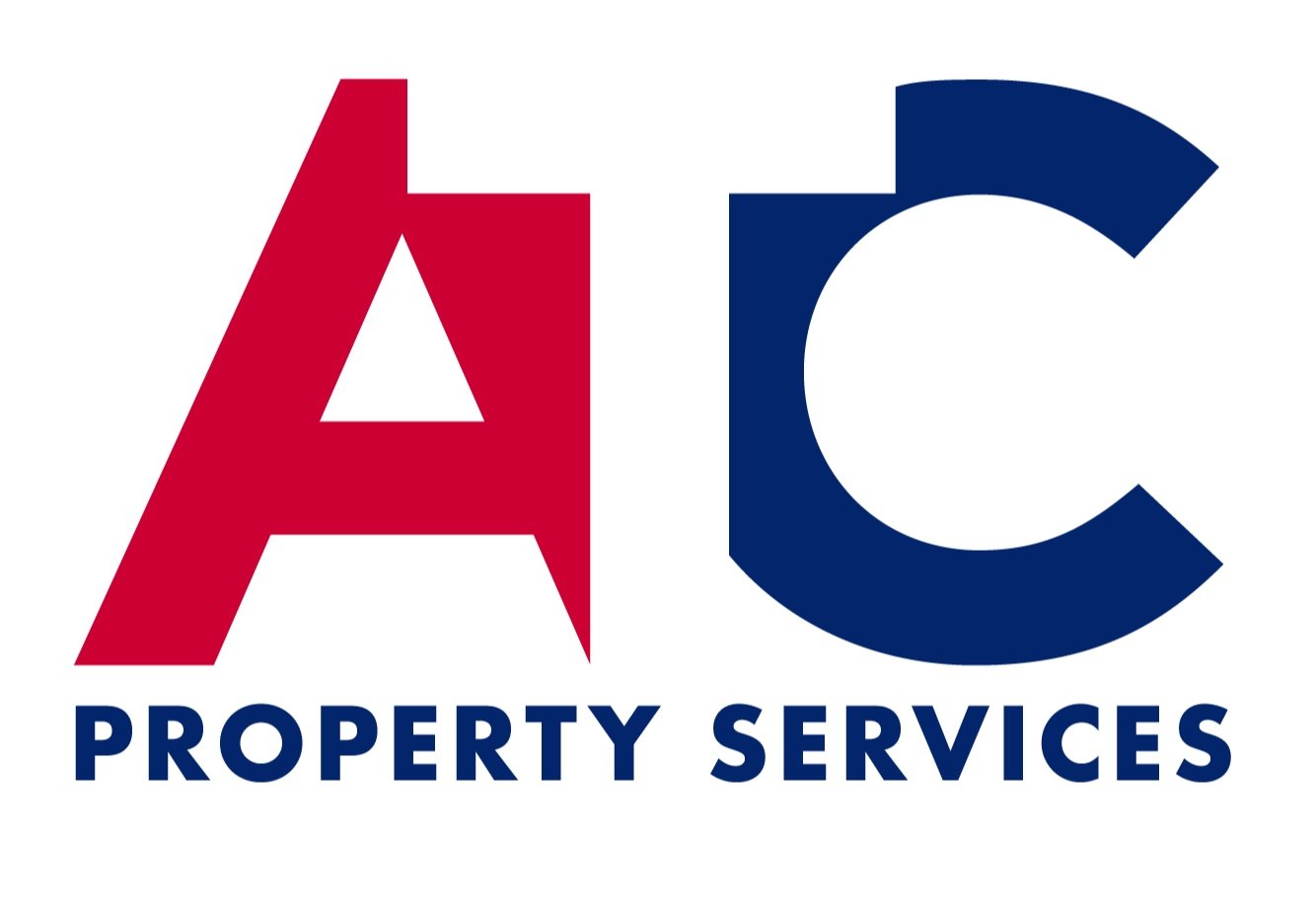The Importance of Roof Inspections
Roof inspections are essential for maintaining the integrity, safety, and longevity of a building's roof. Here are some key points highlighting the importance of roof inspections:
1. Preventative Maintenance: Regular roof inspections allow early detection of potential issues such as leaks, cracks, or damaged shingles. Addressing these issues promptly through repairs or maintenance can prevent more extensive and costly damage in the future.
2. Protect Property and Assets: A well-maintained roof protects the building's interior, assets, and occupants from water damage, mold growth, and other environmental hazards. Regular inspections help identify vulnerabilities and ensure the roof remains structurally sound.
3. Ensure Safety and Compliance: A structurally compromised roof poses safety risks to occupants and visitors of the building. Routine inspections help identify safety hazards such as loose materials, weak spots, or structural deficiencies, ensuring compliance with building codes and regulations.
4. Maximize Roof Lifespan: Proactive maintenance and timely repairs identified through inspections can extend the lifespan of a roof. By addressing minor issues before they escalate, building owners can avoid premature roof replacement and save on long-term repair costs.
5. Insurance Requirements: Many insurance policies require regular roof inspections as part of the building maintenance protocol. Compliance with insurance requirements helps maintain coverage and ensures the building is adequately protected against potential risks.
6. Preserve Property Value: A well-maintained roof enhances the overall curb appeal and value of a property. Regular inspections and maintenance demonstrate care and attention to the property, making it more attractive to potential buyers or tenants.
7. Peace of Mind: Regular roof inspections provide peace of mind to building owners, property managers, and occupants, knowing that the roof is in good condition and capable of withstanding environmental stresses and weather events.
8. Proactive Problem-Solving: Roof inspections allow for proactive problem-solving by identifying potential issues before they cause significant damage or disruption. This proactive approach minimizes downtime, inconvenience, and financial losses associated with unexpected roof failures.

